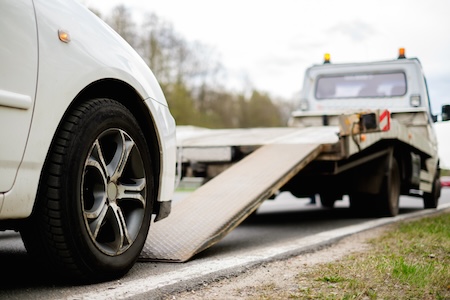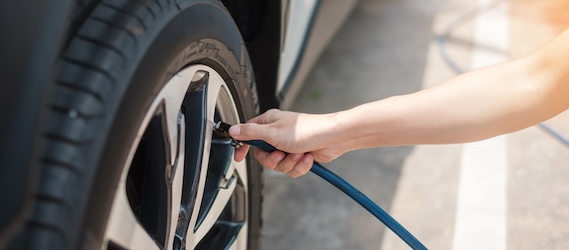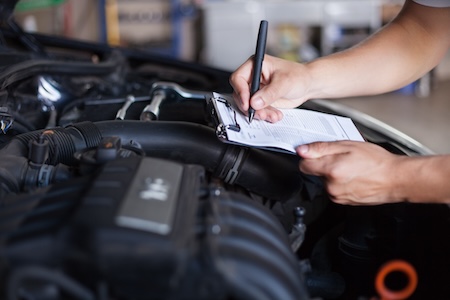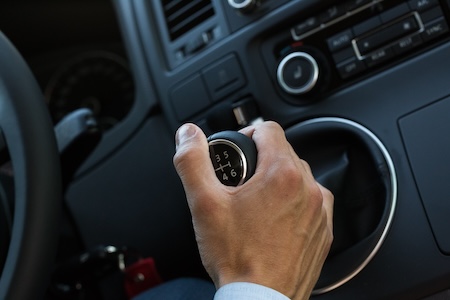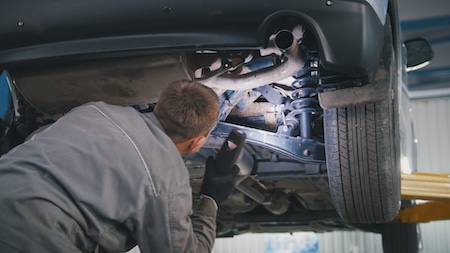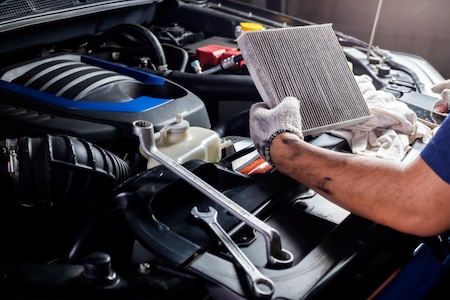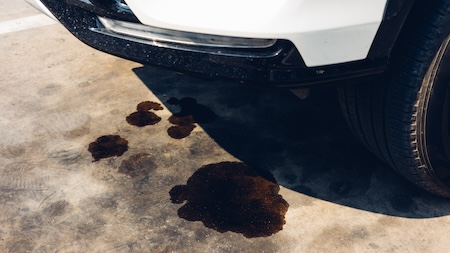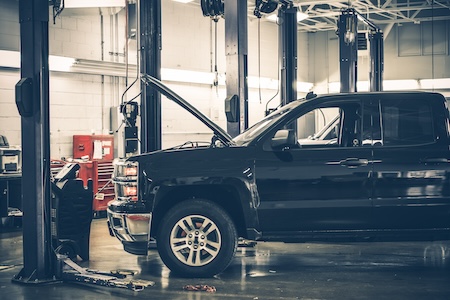Nothing is worse than a breakdown. You’re cruising down I-25 on your way to work or navigating up into the hills for a day of skiing when—bam!—a warning light flickers, steam starts rising, or your car sputters and dies. Suddenly, your day takes a detour.
Sound familiar? Roadside breakdowns are inconvenient, dangerous, and expensive. And most of them? Totally preventable.
The truth is, vehicles rarely fail out of nowhere. Warning signs usually show up well in advance through worn tires, dirty fluids, weakened batteries, or neglected belts. Preventive maintenance is your best defense against ending up stranded on the side of the road.
What Is Preventive Maintenance?
Preventive maintenance is all about keeping your car running smoothly by servicing key systems before they fail. Want to avoid an accident due to a malfunctioning car? Statistics show that almost 7 percent of all accidents are caused by vehicle condition-related factors.
And the good news is, prevention is easy. It’s like going to the doctor for a checkup instead of waiting until something hurts. A little attention today prevents big, costly repairs tomorrow.
This includes:
- Regular oil and filter changes
- Tire rotations and alignments
- Fluid checks and top-offs
- Brake inspections
- Battery testing
- Replacing belts and hoses
- Keeping an eye on your cooling system
Every one of these plays a role in keeping your vehicle dependable.
Why It Matters More in Colorado
We’re not going to say we’re special, but in some ways we are. Colorado drivers face unique challenges. Between rapid elevation changes, wide seasonal temperature swings, and mountain road conditions, your car is constantly under stress. And that can take a toll.
- Cold winters strain your battery, thicken fluids, and increase tire pressure fluctuation.
- Hot summers overwork your cooling system and wear down belts and hoses.
- Mountain driving taxes your brakes and transmission with steep grades and winding roads.
- Dust and debris in drier regions clog filters and wear on seals and joints.
These conditions make preventative maintenance not just smart, but essential.
Top 5 Maintenance Items That Help Prevent Breakdowns
As a driver, your car might not be top of mind every day. You have places to go, people to see. If you’re going to add preventative maintenance tasks to your already busy schedule, wouldn’t it be nice if you knew what to schedule when? These top our list.
1. Oil Changes
This is drilled into drivers repeatedly for good reason. Oil is your engine’s lifeblood. Dirty or low oil causes parts to grind and overheat. Stick to your manufacturer’s schedule, typically every 3,000 to 7,500 miles, and never ignore oil warning lights.
2. Battery Checks
Batteries usually last 3 to 5 years, but Colorado’s extreme cold can drain one quickly. If your car hesitates when starting or you’ve had the same battery for a while, it’s time to test it.
3. Brake Inspections
Don’t wait for a screech to check your brakes. Worn pads and rotors can lead to complete brake failure. Have them inspected during oil changes or every 10,000 to 15,000 miles.
4. Fluid Levels
Coolant, brake fluid, transmission fluid, and power steering fluid are all vital to performance. Low or contaminated fluids can destroy major systems. Have them checked regularly, especially before a road trip or after a season change.
5. Tires and Alignment
Tires should be rotated every 5,000 to 7,000 miles and aligned annually. Proper tire care helps with traction, braking, and gas mileage, and it can prevent a dangerous blowout on Colorado highways.
The True Cost of Skipping Maintenance
We get why people skip preventative maintenance. You’re busy. Why spend the extra money when your car is working well? Skipping preventative maintenance might save you a few bucks today, but it could cost you thousands later.
- Neglecting oil changes can lead to engine failure—costing $4,000 or more.
- Ignoring brake issues can damage rotors and calipers—$1,000+.
- Forgetting coolant flushes can cause overheating and warped cylinder heads—$2,000+.
- Worn tires can cause accidents or leave you stranded in the snow.
Worst case? You’re stuck in the middle of nowhere, waiting hours for a tow truck in freezing temperatures. Regular checkups at your local shop help avoid all that.
How Often Should You Get Preventive Maintenance?
Every vehicle is different, but here’s a general guide:
- Oil change: every 3,000–7,500 miles
- Tire rotation: every 5,000–7,000 miles
- Brake inspection: every 10,000–15,000 miles
- Coolant, transmission, brake fluid: every 30,000–60,000 miles
- Battery test: annually or before winter
When in doubt, check your owner’s manual. Or ask a trusted mechanic who knows how Colorado conditions affect your specific vehicle.
What to Look for in a Denver Auto Shop
Preventative maintenance only works if you trust the people doing it.
We suggest looking for:
- Family-owned shops: You’re more than just a ticket. Small, local shops often build long-term relationships and offer honest service.
- Transparent pricing and inspections: You should always get clear recommendations and quotes—no surprises.
- Convenient scheduling and reminders: A shop that helps you stay on top of maintenance is worth its weight in gold.
Roadside breakdowns don’t just happen. They creep up over time. Preventative maintenance gives you peace of mind every time you turn the key, especially in a state like Colorado, where your car works extra hard every season.
If you’re unsure where your vehicle stands, schedule a quick inspection. A good mechanic will spot issues before they become problems, and help you keep your car in top shape for miles to come. Call today to schedule an inspection or stop by for honest, reliable service.

